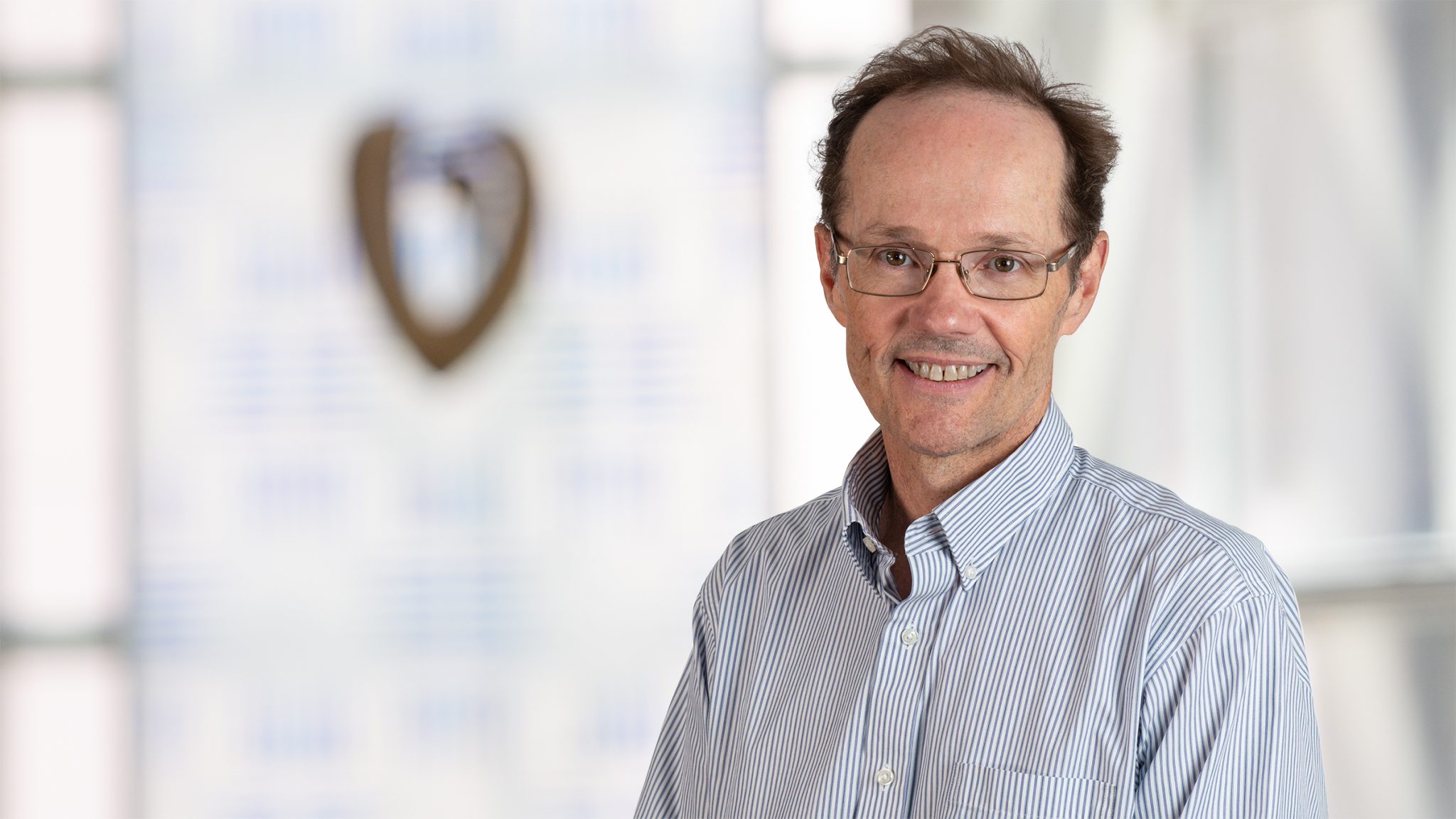Gene Therapy for Regenerating Heart Cells May Prevent Lethal Arrhythmias After Heart Attack

Researchers at The Texas Heart Institute, Baylor College of Medicine (BCM), and YAP Therapeutics have recently shown that gene therapy aimed at inducing heart repair after injury alleviates lethal ventricular arrhythmias that can occur after a heart attack, also known as a myocardial infarction.
In the adult heart, cardiomyocytes (heart muscle cells) die and cannot regenerate after a heart attack. This cell loss, combined with the formation of fibrotic scar tissue, can impair heart function and lead to heart failure.
In previous studies, researchers at The Institute and BCM used gene therapy in animal models to turn off the signaling pathway that suppresses cell proliferation in the adult heart—known as the Hippo pathway—to induce regeneration of cardiomyocytes and improve heart function after a heart attack. However, some studies have suggested that different methods of inducing cell proliferation in the heart may harm the heart’s electrical conduction system, potentially causing deadly irregular heart rhythms, or arrhythmias.
Because of the importance of this novel therapeutic approach in regenerative medicine, physician-scientist James F. Martin, MD, PhD, Director of the Cardiomyocyte Renewal Laboratory at The Institute and the Vivian Smith Chair in Regenerative Medicine at Baylor College of Medicine, led a team of investigators to study cardiac electrical conduction in a pig model of heart attack. Their findings have been published in Circulation.
In their experimental design, gene therapy was given to pigs two weeks after a heart attack. Investigators used a remote electrocardiogram sensor to collect rhythm recordings for 45 days to monitor cardiac rhythm. They used an adeno-associated virus-based RNA gene therapy designed to turn off the Hippo pathway, which would allow cardiomyocytes to regenerate and repopulate the damaged area of the heart. A specialized catheter targeted the injections to the area around the damaged tissue in the heart. A control group received the adeno-associated virus without the RNA gene therapy.
As expected, the researchers saw a variety of arrhythmias in the first few days after the heart attack, before delivery of the gene therapy. The recordings showed severe cardiac arrhythmias that affect the main chambers of the heart and can prevent blood from being properly pumped out of the heart and delivered to the body. They were especially interested in a potentially lethal type of ventricular arrhythmia known as premature ventricular complexes (PVCs).
“The frequency of PVCs was equivalent in both groups of pigs before administration of the gene therapy,” explains Dr. Martin. “After virus treatment, we saw a dramatic reduction in PVCs with time; at 10 days after gene therapy injection, PVCs were still seen in the control group but were minimal in the RNA-treated group.”
The investigators also looked at atrial arrhythmias, which cause the upper chambers to beat out of sync with the lower chambers. Multiple types of atrial rhythm abnormalities were seen before viral treatment at a similar frequency in both groups of pigs, including atrial tachycardia, where the upper chambers beat too quickly. However, by two weeks after treatment, these atrial arrhythmias in the treated pigs decreased significantly as compared to the control pigs.
“Most cell proliferation occurs within 30 days after administering the gene therapy. During that active regeneration period, we saw a decreased incidence in PVCs and atrial tachycardia in our study,” summarizes Dr. Martin. “In addition, in our previous studies of this therapy, all animals safely tolerated the treatment in the 3-month follow-up period, and no pigs showed uncontrolled cardiomyocyte proliferation.”
The investigators concluded that their adult cardiomyocyte regenerative therapy designed to turn off Hippo signaling has beneficial effects on the heart’s electrical conduction system. Moreover, the cardiovascular benefits of their cell renewal treatment may include protection against fatal rhythm abnormalities in addition to improving heart function after a heart attack.
Dr. Martin’s lab plans to expand research into the complex cellular interactions that allow cardiomyocytes treated with their gene therapy to regenerate the heart. YAP Therapeutics, an early-stage spin-out from The Institute and BCM, is advancing this gene therapy for clinical use by completing confirmatory studies and plans to initiate human clinical trials in the near future.
Read Report
Zhang S, Liu S, Leach JP, Li K, Perin EC, Martin JF. Gene Therapy Knockdown of Hippo Signaling Resolves Arrhythmic Events in Pigs After Myocardial Infarction. Circulation. 2022 Nov 15;146(20):1558-1560. doi: 10.1161/CIRCULATIONAHA.122.059972. Epub 2022 Nov 14.
News Story By Rebecca A. Bartow, MPH, PhD




